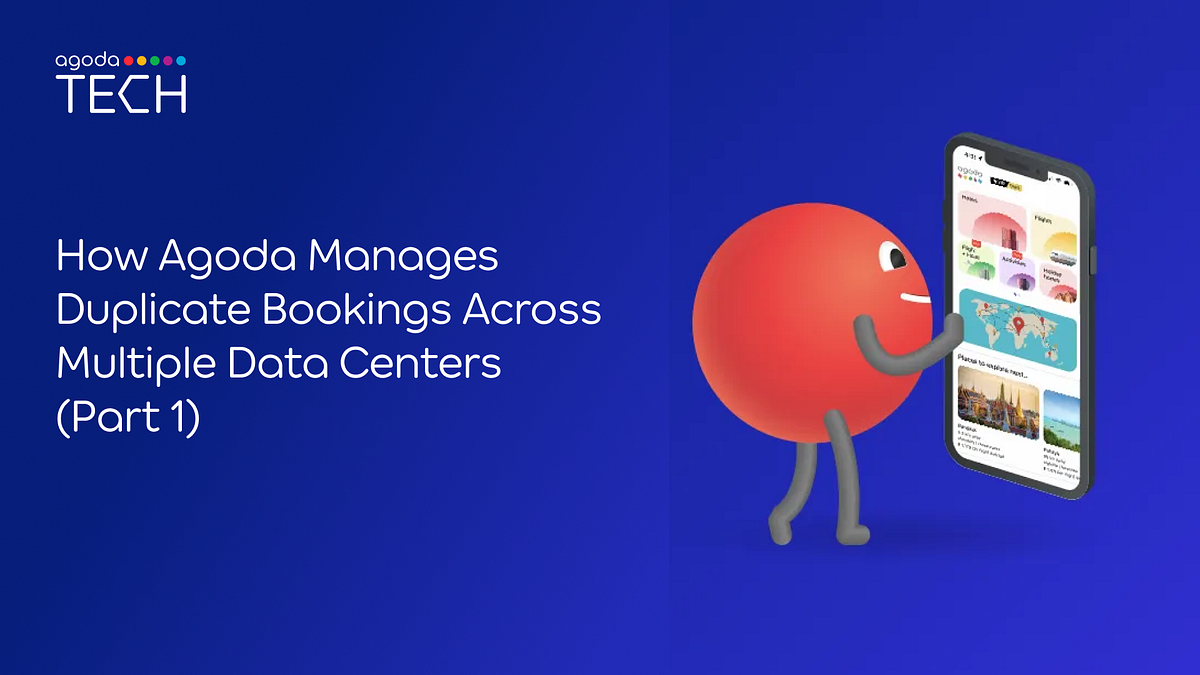Agoda's Booking Deduplication System: Preventing Duplicate Bookings Across Multiple Data Centers
Agoda faced a significant issue with unwanted duplicate bookings being accidentally created due to system incidents and customer rebooking attempts. To mitigate this, Agoda introduced a booking deduplication feature that detects and prevents duplicate bookings.
As Agoda expanded its operations across multiple data centers and diversified its product offerings, the legacy booking deduplication system faced new challenges. The system could not detect duplicates when traffic was shifted between data centers, and maintaining separate deduplication services for each product type was complex.
Agoda addressed these challenges by:
- Establishing a central data center to house data from all other data centers, allowing the deduplication service to function correctly even with traffic movement.
- Implementing redundancy by querying data from both the central and local data centers.
- Adopting data hashing to unify the deduplication feature across all product types, simplifying the system and enabling seamless addition of new products.
- Leveraging SQL database features, such as unique key constraints and isolation levels, to address the issue of duplicate API requests within a one-second interval.
The new booking deduplication system retrieves data from both local and central databases, combines the results, and processes the data to determine if a customer request is a duplicate booking. This approach ensures data integrity and redundancy, even in the event of database failures.
The system uses a single, generic table to accommodate all product types, making it highly scalable and easy to maintain. The table stores hashed static data for efficient exact matching and raw dynamic data in JSON format for flexible processing.
The booking deduplication service follows a four-step process: (1) retrieving and combining candidates from local and central databases, (2) filtering out candidates by status, (3) applying additional product-specific logic, and (4) reaching a conclusion on whether the request is a duplicate booking.
This new architecture has enabled Agoda to effectively manage duplicate bookings across its multi-data center infrastructure and diverse product offerings.
התאם אישית סיכום
כתוב מחדש עם AI
צור ציטוטים
תרגם מקור
לשפה אחרת
צור מפת חשיבה
מתוכן המקור
עבור למקור
medium.com
Booking Deduplication: How Agoda Manages Duplicate Bookings Across Multiple Data Centers
תובנות מפתח מזוקקות מ:
by Agoda Engine... ב- medium.com 07-10-2024
https://medium.com/agoda-engineering/booking-deduplication-how-agoda-manages-duplicate-bookings-across-multiple-data-centers-08ddbe9e22f1
שאלות מעמיקות
